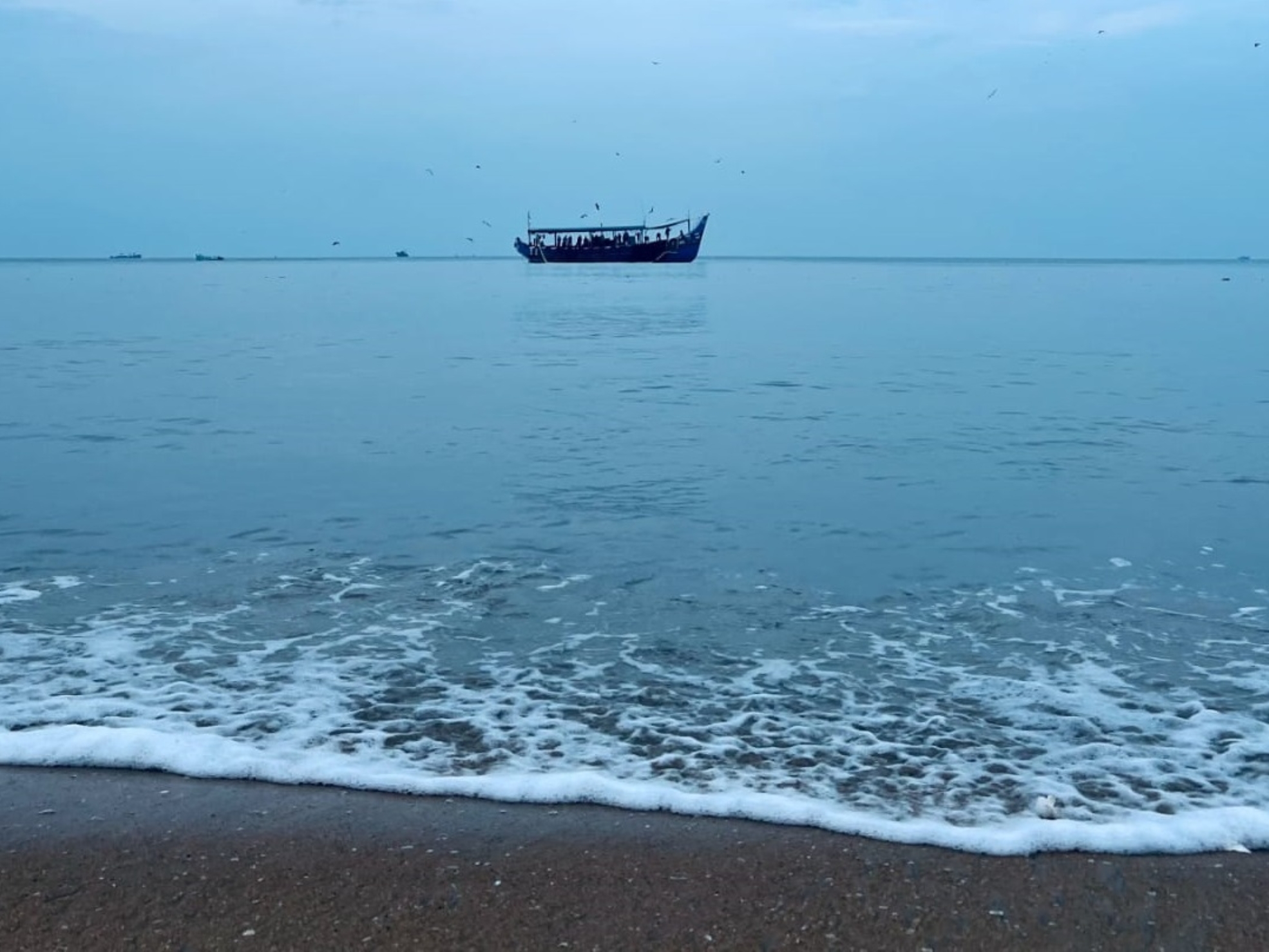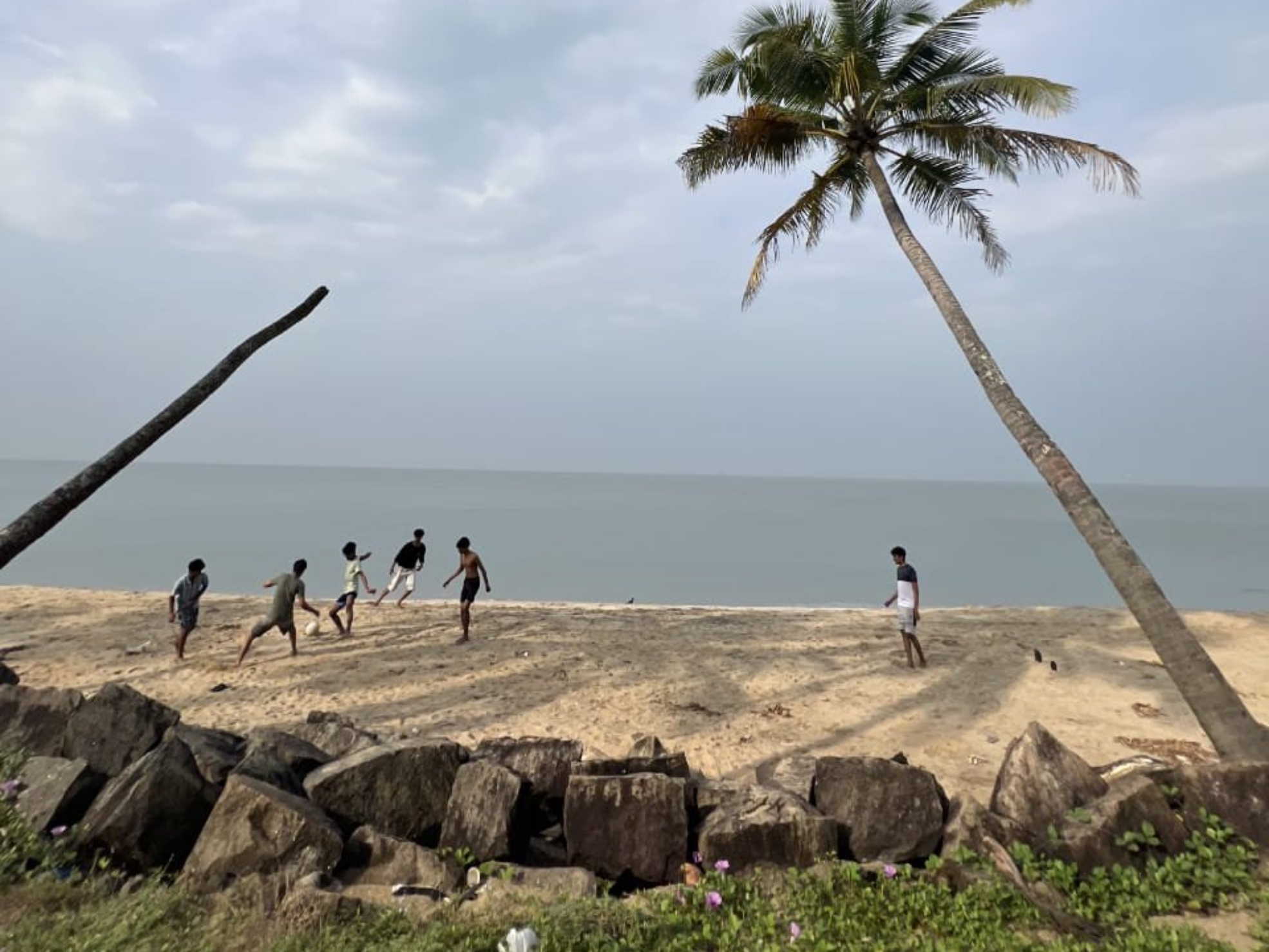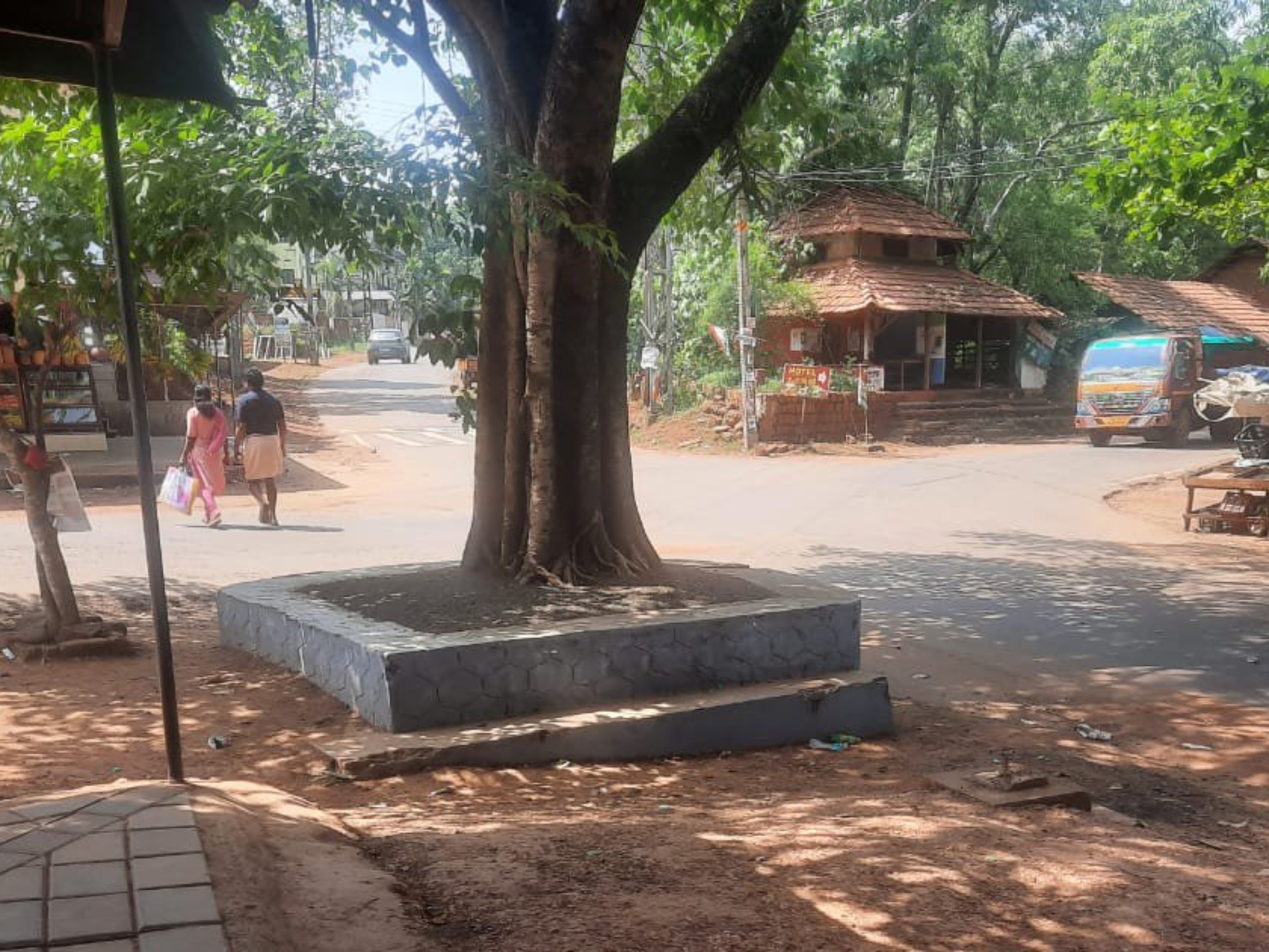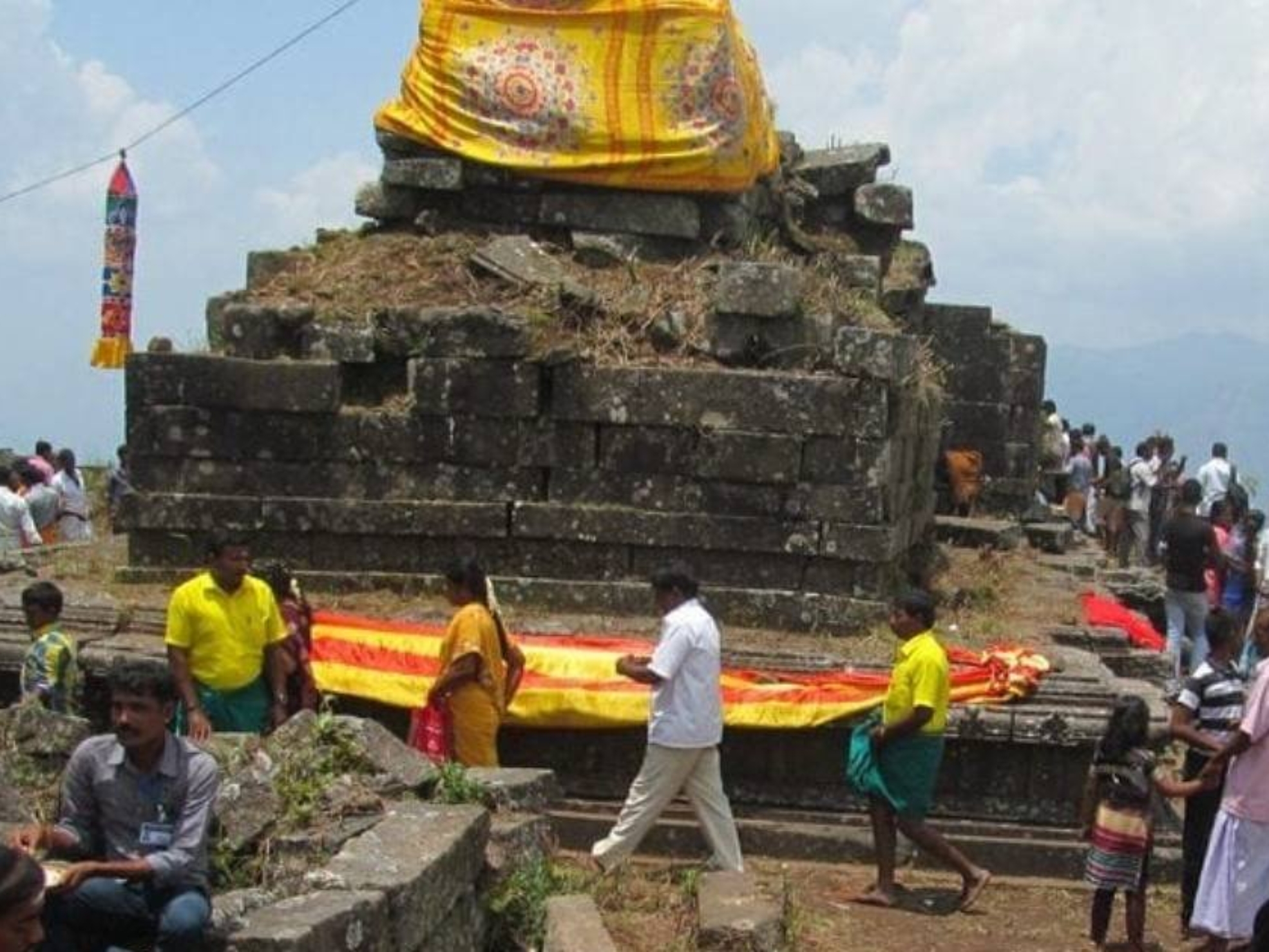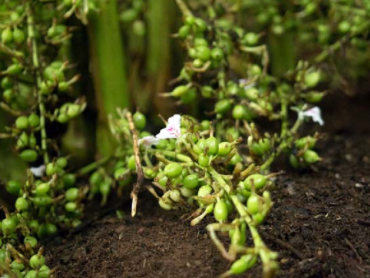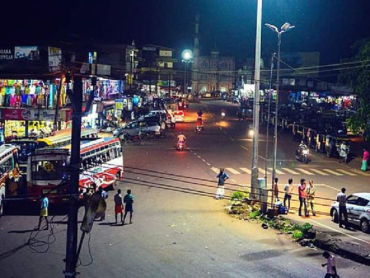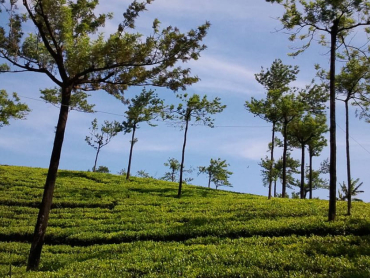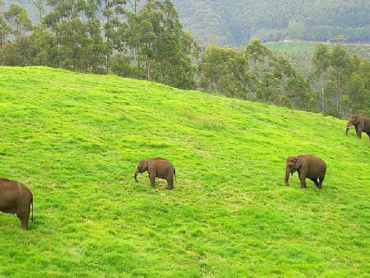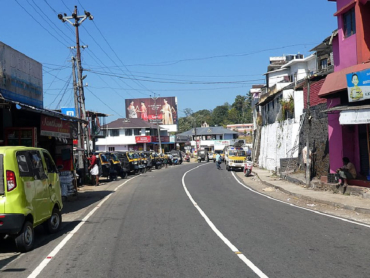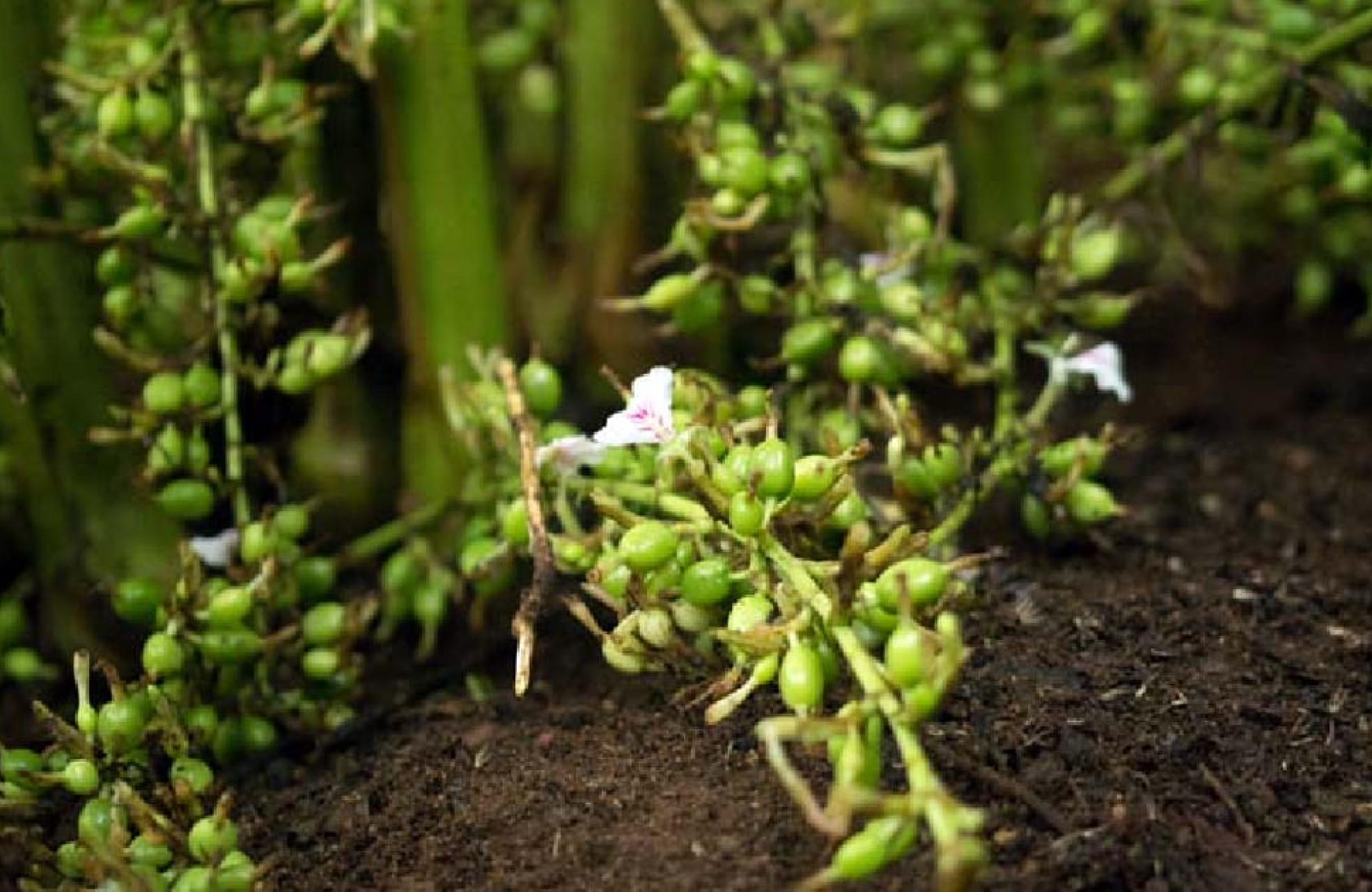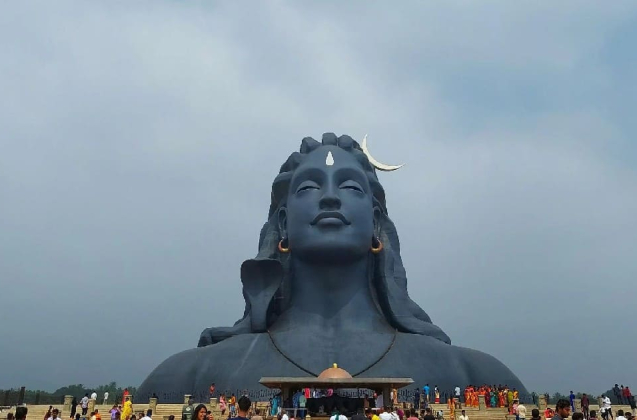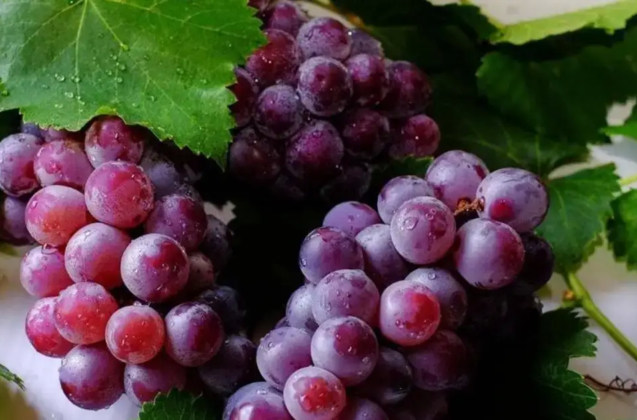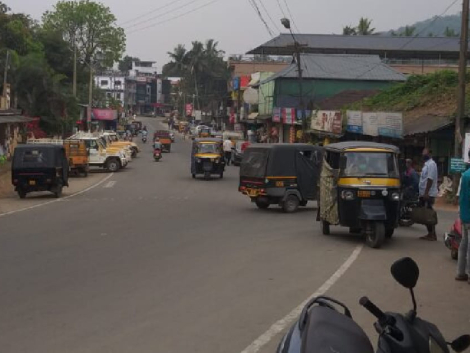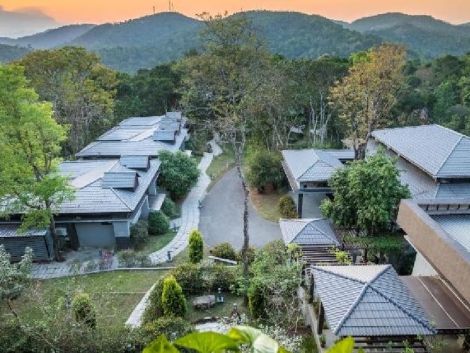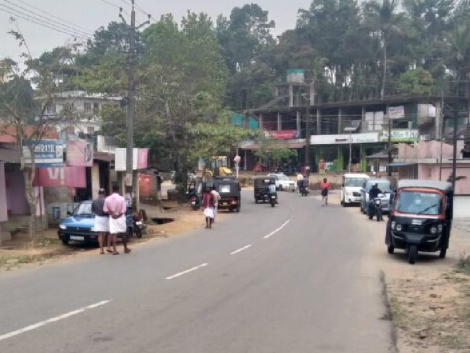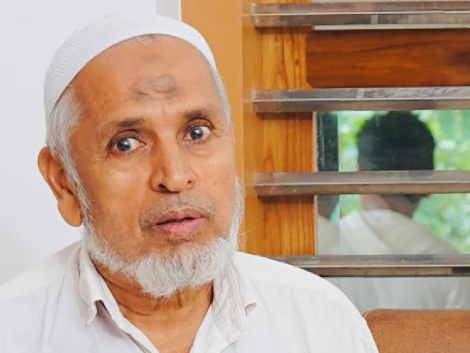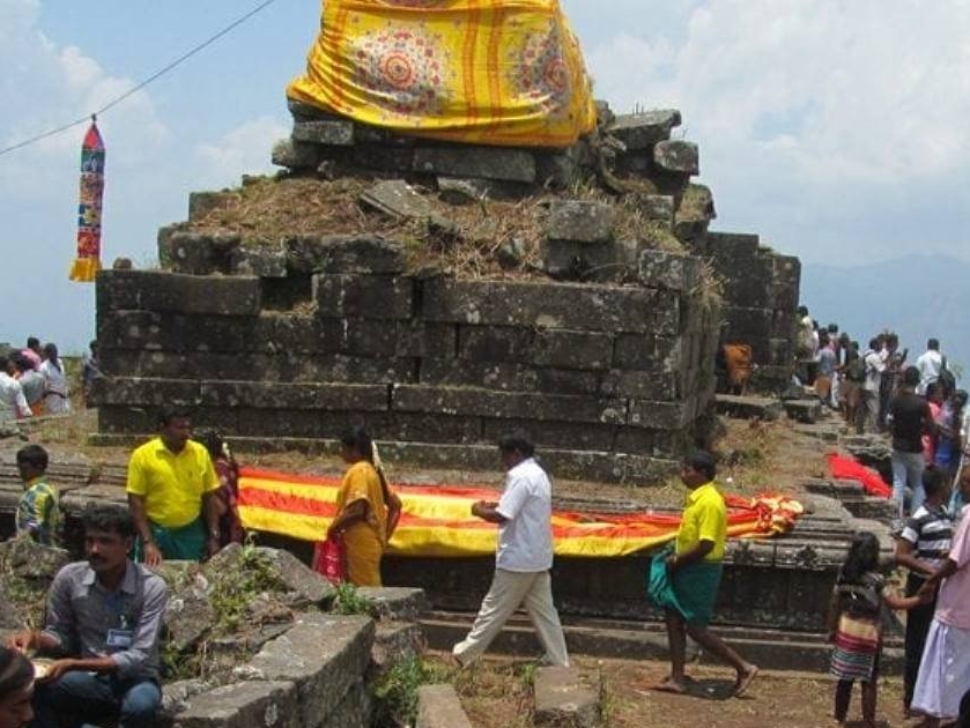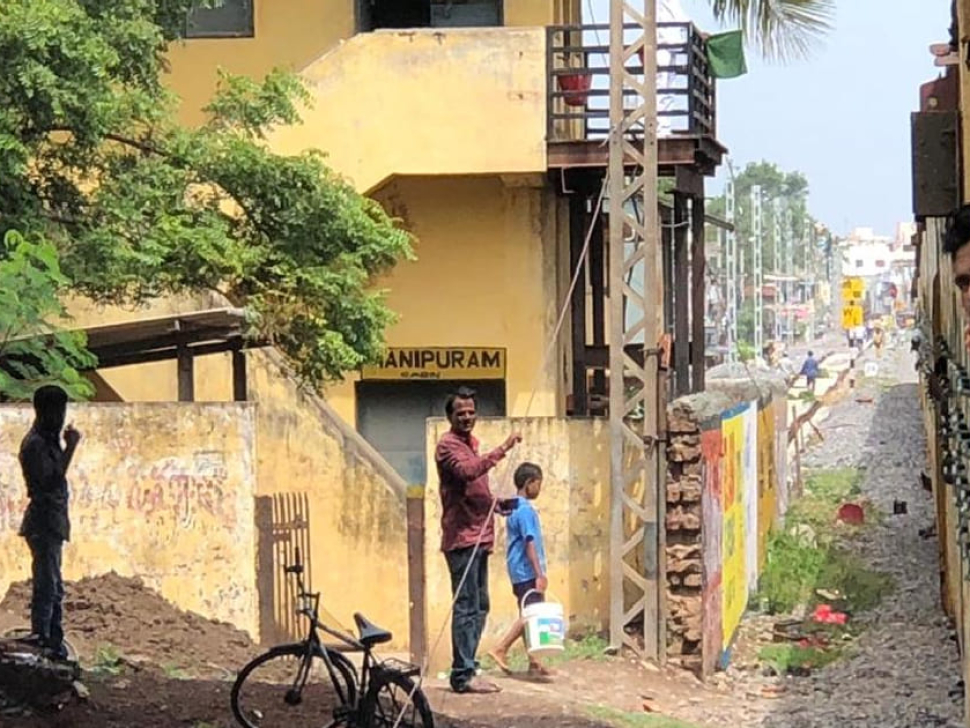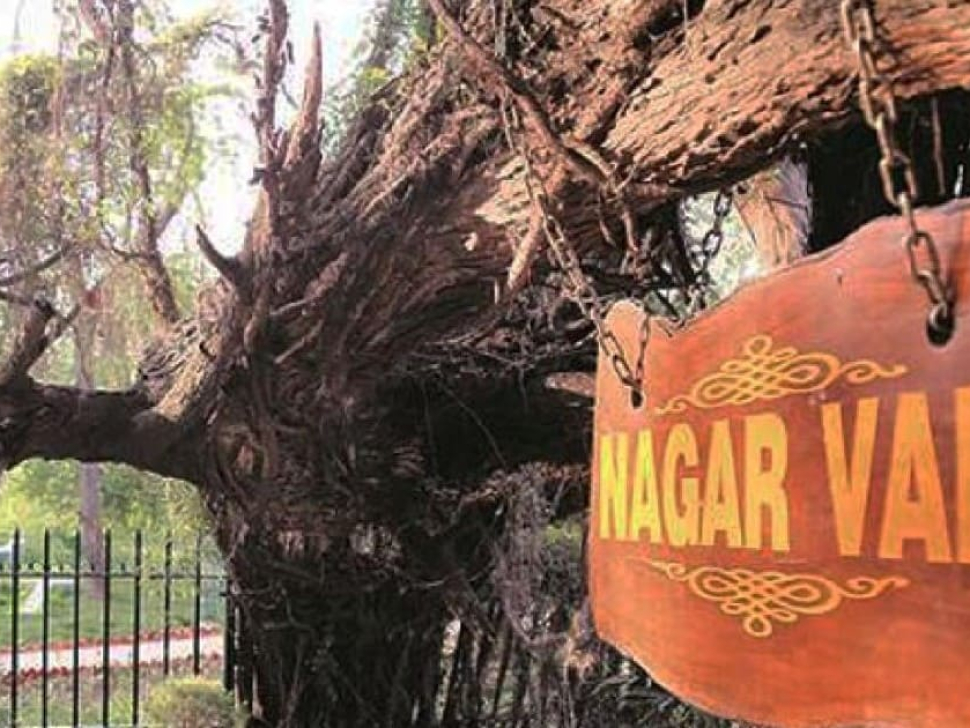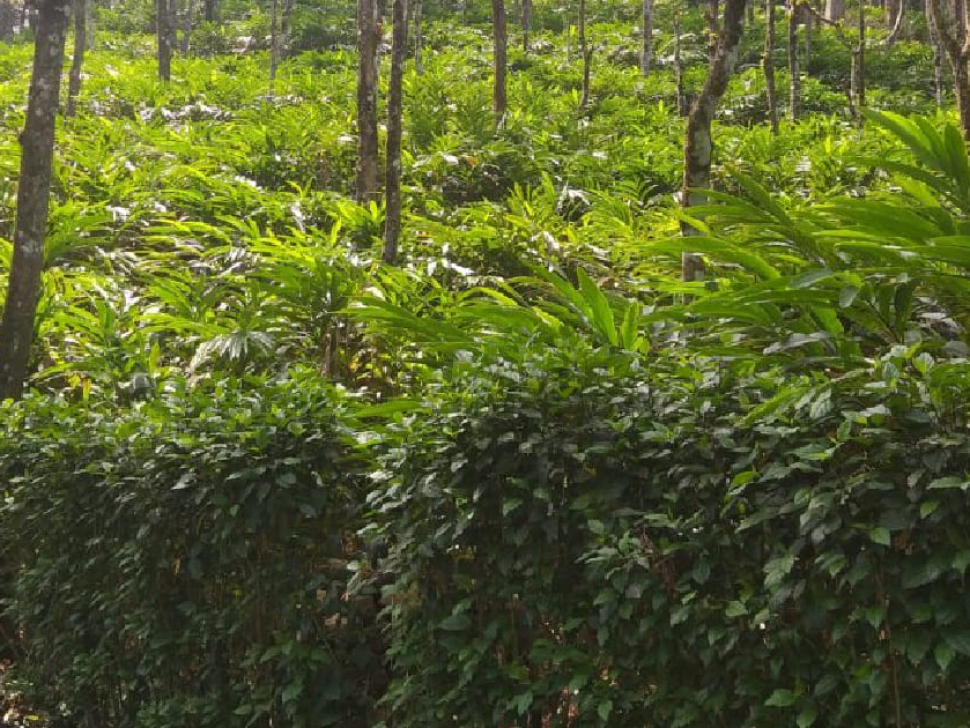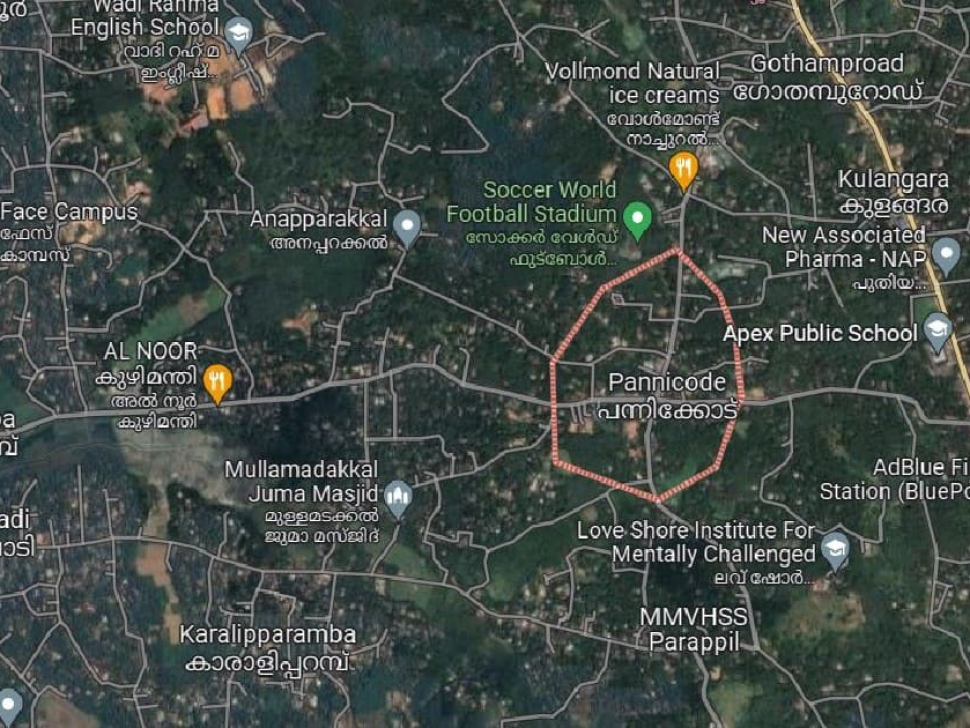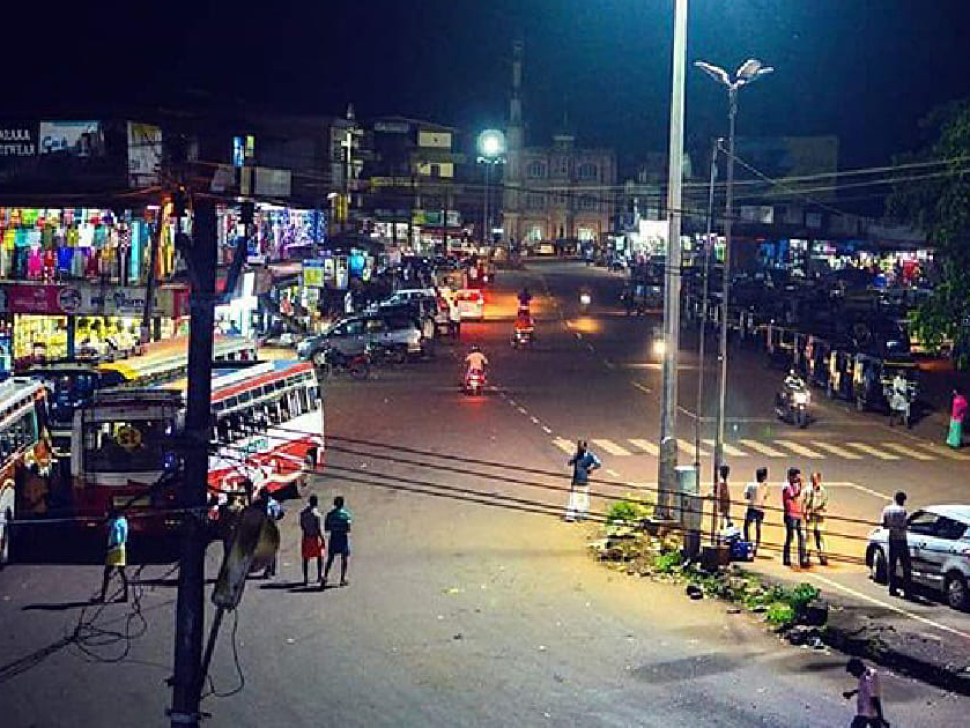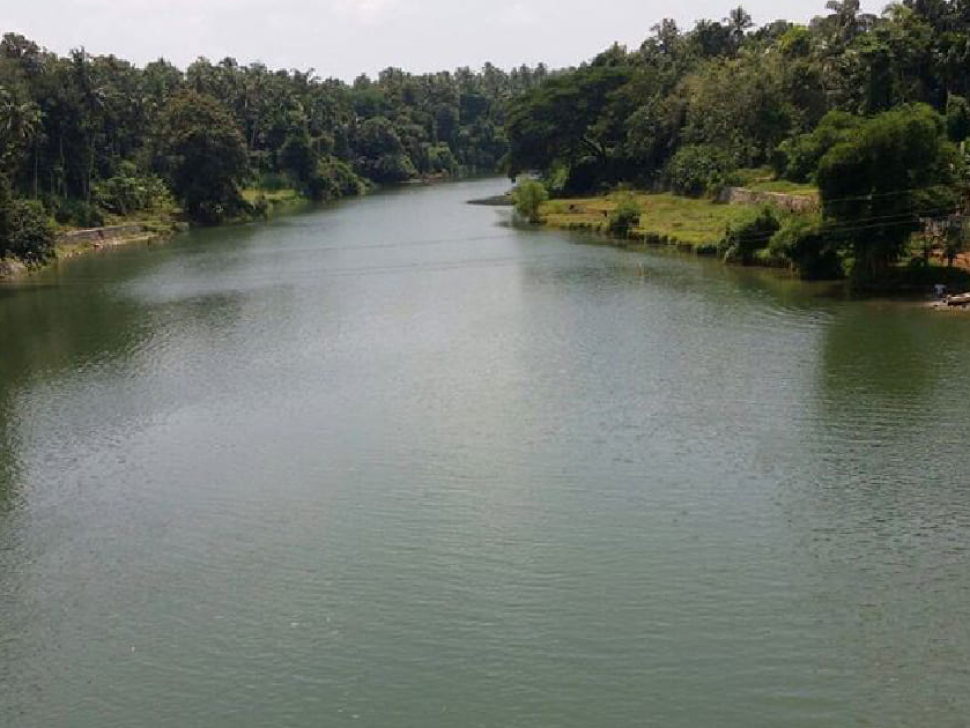Padinjarekkara beach is the largest beach in Malappuram district and one of the highly developed and finest beaches which showcase trailblazing infrastructure in Kerala. It is gorgeous and most exqui ...
Unniyal Beach
Unniyal Beach is a pristine fine sand beach which is unspoiled, not much touched until recently. It is blindingly white in bright sunny days and eye-catchingly ornamented with sea wall made of ...
Mangaladevi Temple, Thekkady
Deep inside the dense forest of wild animals, where tigers and wild elephants are wandering, there is an alluring structure, Mangaladevi Temple. It is one of the oldest temple in Kerala, situates Ker ...
popular destinations in Kerala
editors' pick
popular destinations in tamilnadu
top five posts of the week
Advertisement
Advertisement
highlights
Agasthyamuzhi
Location Agasthyamuzhi is one of the major suburbs of Mukkam town located northern part of Mukkam town. Agasthyamuzhi is a gateway to Mukkam town from north side ...
Was this article helpful?
YesNo

